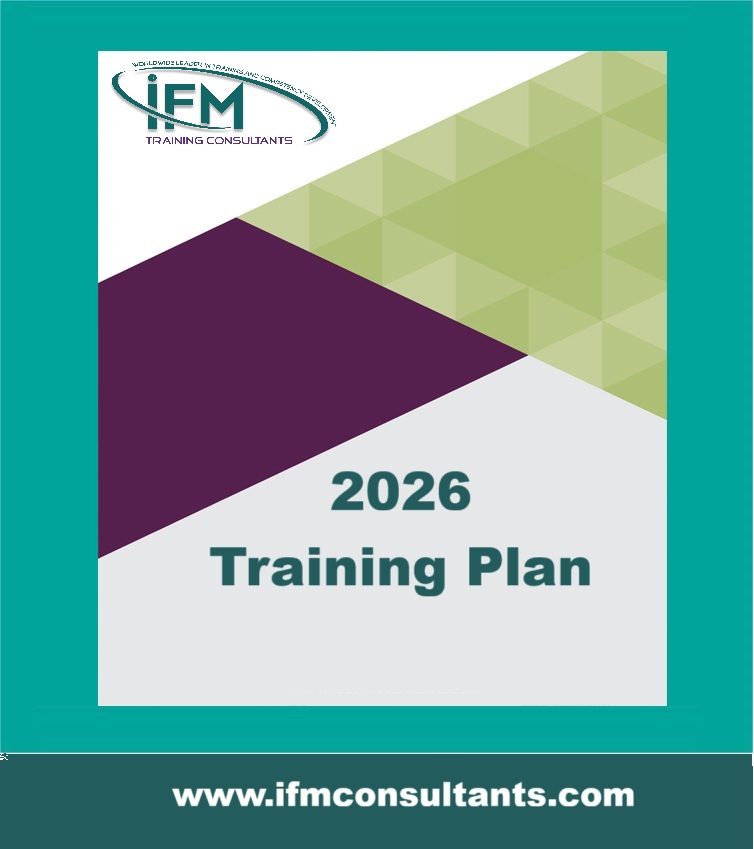Emergency Response Manage Risks Analysis
| Start Date | End Date | Venue | Fees (US $) | ||
|---|---|---|---|---|---|
| Emergency Response Manage Risks Analysis | 30 Nov 2025 | 04 Dec 2025 | Manama, Bahrain | $ 4,500 | Register |

Emergency Response Manage Risks Analysis
| Start Date | End Date | Venue | Fees (US $) | |
|---|---|---|---|---|
| Emergency Response Manage Risks Analysis | 30 Nov 2025 | 04 Dec 2025 | Manama, Bahrain | $ 4,500 |
Introduction
Emergency response situations in the industry are fast-moving, often dangerous, and can be chaotic. To avoid the latter, attendance on this course is essential. The range of potential incidents and emergencies that could affect, disrupt, or stress production is increasing. If managed correctly then not all these incidents will be critical or could be classed as a crisis, but those which result in significant losses, or put increased demand on the organization will have serious consequences for the company, the company’s stakeholders, the country, and the reputation of all those involved in the response. This course will teach you that meeting the commitment involves more than just being fully prepared.
This course will feature:
- Evaluation of the latest listing of potential perilous risks to the Oil and Gas Industry
- Design of effective Crisis Management & Emergency Response strategies
- Communication strategies (including Social Media) for Call Centres, Emergency Centres and Media/Government Relations
- Analysis and appraisal of industry case studies, table-top exercises with syndicate role-playing
- Enhancement of Risk and Business Impact Analyses by researching world events
Objectives
- Understand the attributes between Incidents, Emergencies, and Crisis in the industry
- Develop methods on how to avoid unnecessary escalation & how to design command & control response to each scenario
- Learn how to enhance on-scene leadership capabilities and techniques
- Apply best practice in organizing Emergency Communications Centre (ECC), Emergency Response (ERT), and Crisis Management Teams (CMT) to their best advantage
- Analyze the importance of human factors, the means to ensure the best psychological readiness, resource allocation, deployment, discipline, and leadership.
Training Methodology
This is an interactive course. There will be open question and answer sessions, regular group exercises and activities, videos, case studies, and presentations on best practice. Participants will have the opportunity to share with the facilitator and other participants on what works well and not so well for them, as well as work on issues from their own organizations. The online course is conducted online using MS-Teams/ClickMeeting.
Who Should Attend?
The advanced nature of this course will prove beneficial to the Oil & Gas industry particularly those with responsibility for either planning for or responding to incidents, emergencies, and crises across the complete management spectrum.
This course is suitable for a wide range of professionals but will greatly benefit:
- Ministry of Government Regulators
- Fire, Safety, and Security Professionals
- The operation, Asset, and Facility Professionals
- Risk, Marketing and Insurance Professionals
- Designated Incident, Emergency, and Crisis Response Professionals
- Line Managers and Supervisors and other professionals wishing to appraise their comprehension of Emergency Response
Course Outline
Day 1: Increase your ability to evaluate, mitigate and respond to industry challenges
- Evaluate and mitigate each of the risks facing the oil and gas industry
- Incidents, Emergencies, Crises - how to organize your teams for each scenario
- Cross border Political influences, cyber hacking, and War
- Checklists, the essentials of Crisis Management and Leadership behaviors
- Emergency Plans – levels of planning and weaknesses to be avoided
- Program evaluation concept – Internal and External Audits
Day 2: Crisis Communications & Incident On-Scene Command
- Emergency Communication Centre (ECC) configuration, Information Flow & how to avoid common mistakes
- Team roles and responsibilities, extract the best from your team
- Manage the on-site potential ‘’smoldering’’ Issue before it becomes a Crisis
- Incident Commander and On-scene management. All the essential elements for success
- Investigate the importance of ‘’The Golden Hour’’, what has to be achieved in that first 60 minutes
Day 3: Business Continuity Management (BCM) and Incident Command Systems (ICS)
- How does BCM fit into Oil & Gas Crisis Management
- Plans and Business Impact Analysis, formats, examples, and templates
- Case Study and BCM Exercise
- Critical elements of corporate Command and Control
- Review of International Incident Command Systems
- International Standards for BCM, ICS, Spills, Crisis / Environmental Planning / Response
Day 4: Media and Reputation Management
- Strategies to communicate with all stakeholders at all levels - Government, Public, Media, Staff
- Case Study. Managing the media response.
- Tools to manage social media (blogs, Twitter, Facebook) so you are always one step ahead
- Protect your reputation and brand with your stakeholders
- Media management template handout lists - Do’s and Don’ts for Conferences and TV Interviews
- Syndicate Exercise
Day 5: Crisis Management Plan Testing, Training and Exercise Simulations and potential problems
- ‘’The safety policy and procedures were in place – the practice was deficient’’ Piper Alpha Report
- Benefits of exercising and selecting the right type of exercise for the asset/scenario
- What functions need to be tested, what will the outcomes be for the participants, and You
- Conducting Post-Incident/Exercise debriefings with checklists
- Evaluations, key recommendations and follow-up, when, how, and in what format
- Psychological and potential problems for you and your team after a traumatic experience

















